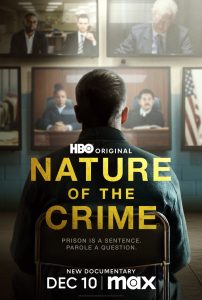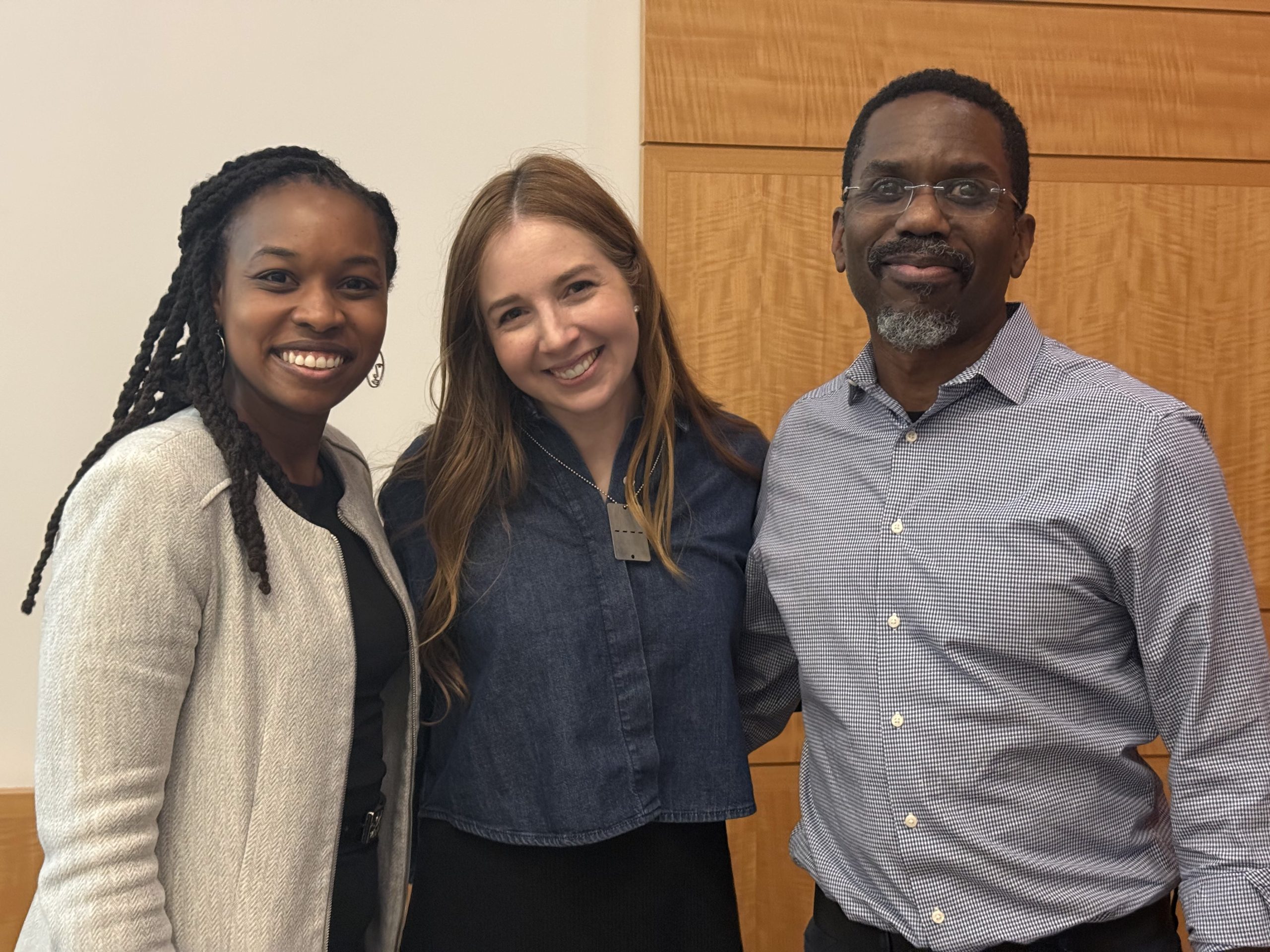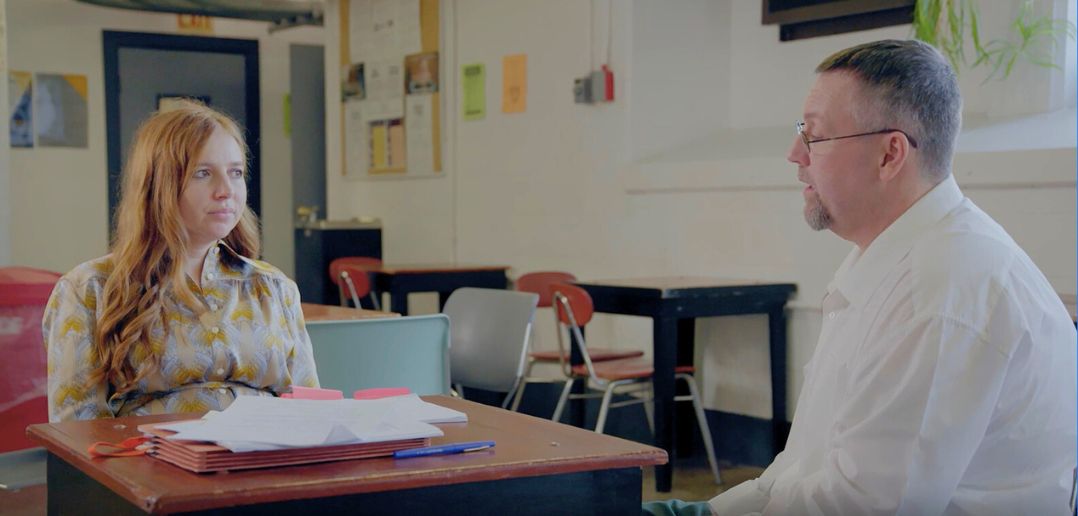When a person commits an unspeakable crime, can they ever earn redemption? If so, how long should it take, and what must they do to achieve it?
Nature of the Crime, a new documentary featuring Fordham Law School alumna Rochelle Swartz ’14, an attorney practicing civil and criminal law, raises these questions about people in the parole system in the United States, specifically in New York state. The HBO film is now streaming on MAX.
In early February, a screening of the documentary was held at Fordham Law’s Lincoln Center Campus. The film follows three incarcerated individuals who have been imprisoned for decades for violent offenses and are up for parole. Swartz, working a pro bono case, defends one such client and works with him as he awaits two separate parole hearings—his ninth and tenth, which were both denied.

According to the documentary, many incarcerated individuals are repeatedly denied parole despite their demonstrated efforts toward rehabilitation and expression of remorse, often due to the nature of the crime they committed—which will never change.
At 14 years old, Swartz’s client was convicted of homicide and sentenced to prison in the killing of two children. After more than 30 years of deep reflection, repentance, and commitment to “chasing redemption,” he doesn’t know if he’ll ever see life outside of prison.
“He’s grown and changed in an environment that does not foster growth and change,” said Swartz. Frustrated with a parole system that doesn’t acknowledge inmates’ efforts toward reform, she continues to fight for her clients’ chances at freedom.
The screening was followed by a panel discussion featuring Swartz, Fordham Law Professor Mariam Hinds, and Nature of the Crime directors Jesse Sweet and Ricki Stern, moderated by Professor Bennett Capers, director of Fordham Law’s Center on Race, Law and Justice (CRLJ) and associate dean for research. The event was sponsored by the CRLJ and Orrick, where Swartz practices as a senior associate.
The parole system is a “vastly overlooked yet crucial piece of the prison and justice system that has an enormous impact on individual lives and the prison population at large,” said Sweet.
“What we want the film to be about is questioning what is the point of this punishment,” added Stern. “What does rehabilitation look like? What does remorse look like? How are people supposed to demonstrate that? And what is the purpose of prison, of really long sentences, when maybe someone has changed?”

Panelists explored these questions and a wide array of issues in the parole system, including how victims’ families have the opportunity to testify in opposition to parole but families of the incarcerated aren’t offered a similar voice. The impact of the parole system on these families is a central theme of the documentary.
Hinds, who has worked as a public defender, said, “even though the overwhelming majority of my clients were men, I found that the women in their lives played a really important role.” Her extensive scholarly work on the subject of women supporting loved ones involved with the criminal legal system—whom she called “shadow defendants”—highlights their unique suffering of the criminal justice system consequences. Many times, according to Hinds, they are the sole source of transitional assistance—such as housing, employment, and social connections—if their loved ones are granted parole.
The documentary presents the harsh realities of the prison system, but also highlights the powerful bonds between criminal defense attorneys and their clients. Swartz addressed the emotional fatigue that comes along with the job, noting that her relationship with her clients is what moves her forward. Hinds agreed, “the thing that keeps you going is your clients. They are the best part of the work.”

